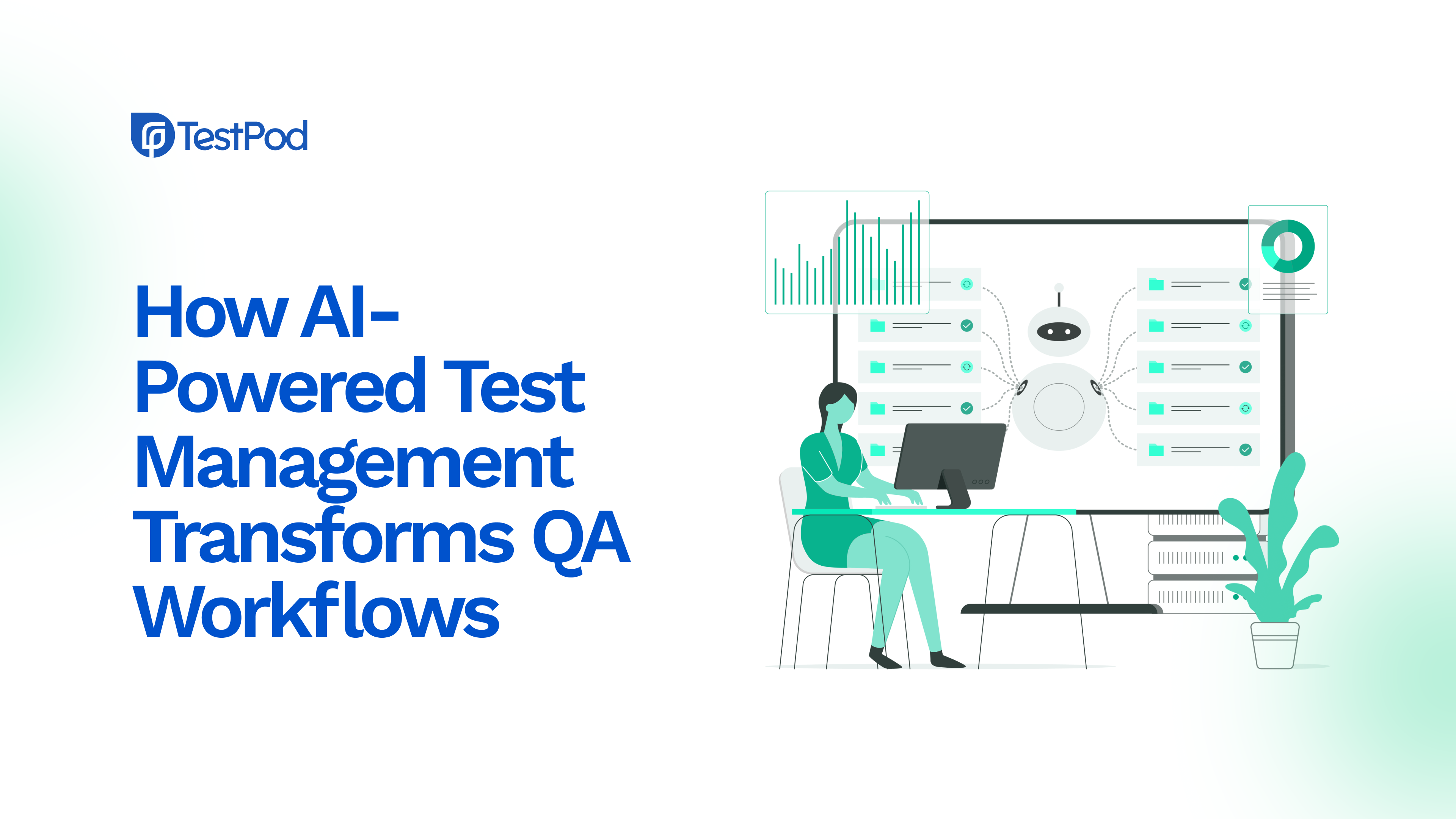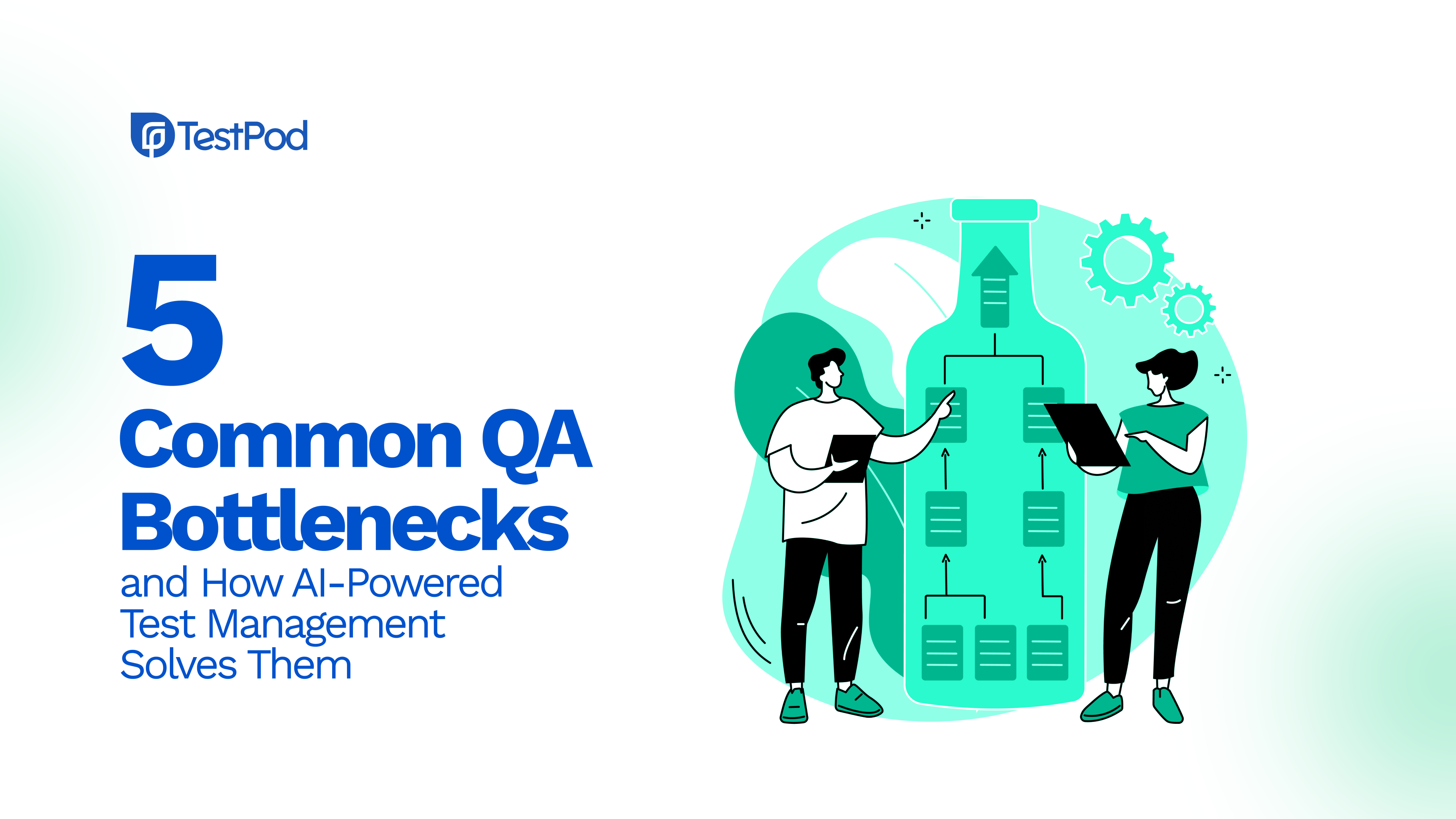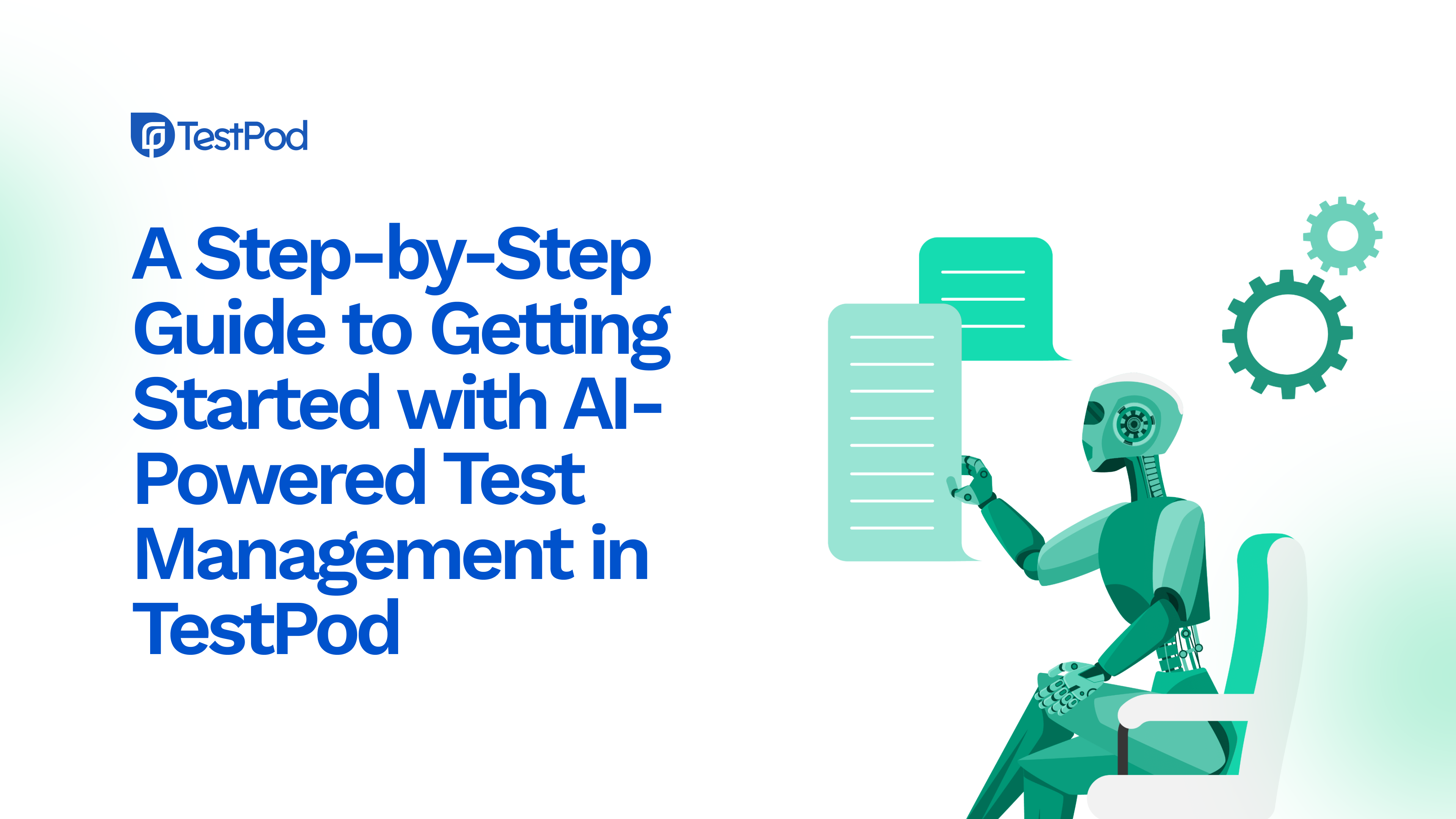In today’s software development landscape, speed, quality, and scalability are no longer optional; they are essential. Traditional test management systems often struggle to keep up with Agile and DevOps environments, leaving QA teams overwhelmed by manual processes, bottlenecks, and inconsistent results.
This is where AI-powered test management comes in. By automating repetitive tasks, predicting potential risks, and providing real-time insights, AI is reshaping how QA workflows operate, making them smarter, faster, and more reliable.
Let’s dive into the key ways AI-powered test management transforms QA workflows in 2025 and beyond.
1. Smarter Test Planning and Prioritisation
AI eliminates guesswork by analysing past defects, code changes, and usage patterns to determine which test cases are most critical. Instead of running large, redundant test suites, QA teams can focus on high-impact scenarios, saving time and ensuring coverage where it matters most.
2. Automated Test Case Generation
Manual test case writing is time-consuming and prone to human error. With AI, test cases can be automatically generated from requirements, user stories, or even real user behaviour. This drastically reduces planning time while keeping tests aligned with evolving application changes.
3. Real-Time Defect Prediction
AI models can identify patterns that signal potential failures before they occur. By spotting “hot zones” in the code or predicting flaky test areas, QA teams can shift from reactive bug fixing to proactive risk prevention, reducing costly post-release issues.
4. Continuous Test Execution at Scale
With AI-powered test management, teams can seamlessly run tests across environments, browsers, and devices in parallel. AI optimises execution by eliminating duplicate runs and automatically flagging redundant cases, helping Agile teams deliver faster without sacrificing quality.
5. Self-Healing Test Scripts
One of the biggest pain points in QA is broken test scripts after UI or API changes. AI-driven self-healing ensures scripts adapt automatically by detecting changes in elements or APIs. This dramatically cuts maintenance time and allows QA teams to focus on strategy rather than firefighting.
6. Intelligent Reporting and Insights
Instead of sifting through endless logs, AI summarises results into actionable insights: which modules are most vulnerable, which tests consistently fail, and where performance bottlenecks occur. These insights empower decision-making across QA, development, and product teams.
7. Seamless CI/CD Integration
AI-powered test management tools, such as TestPod, integrate directly into CI/CD pipelines, ensuring that every code push is validated with minimal human intervention. This reduces deployment risks and accelerates release cycles, aligning perfectly with Agile and DevOps workflows.
Why This Matters for QA Teams in 2025
By embedding AI into test management, QA workflows are no longer just about finding bugs; they’re about driving quality at scale. AI empowers teams to keep pace with rapid development cycles, deliver exceptional user experiences, and maintain confidence in every release.
Final Thoughts
The shift to AI-powered test management is not a trend; it’s the future of QA workflows. For Agile teams aiming to scale without compromising quality, AI is the game-changer that transforms reactive testing into proactive quality assurance.
Ready to see it in action?
Book a TestPod product demo and discover how AI can revolutionise your test management workflows.
 Wednesday at 2 PM (UTC +1)
Wednesday at 2 PM (UTC +1)



